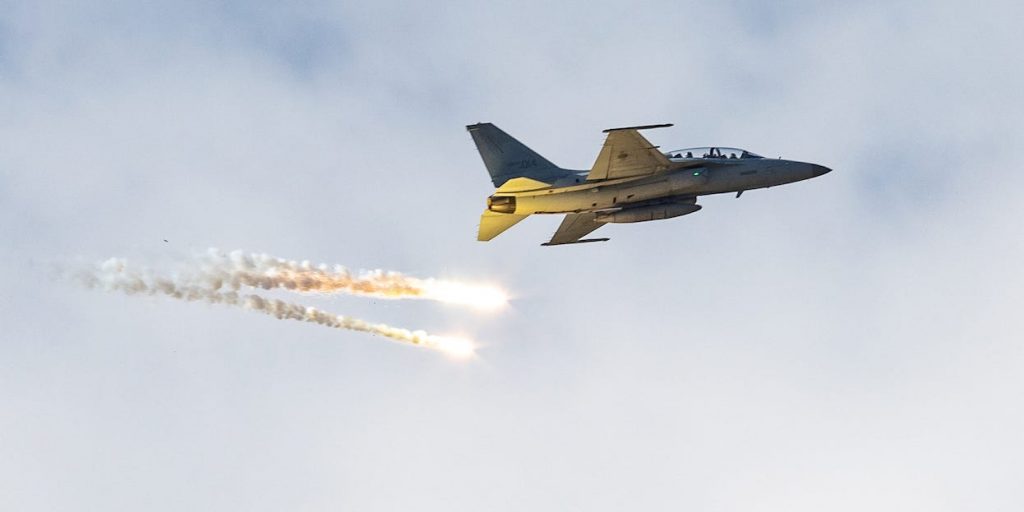- Poland recently signed a $14.5 billion deal with South Korea to buy artillery, tanks, and aircraft.
- It is one of Poland's largest arms deals ever and the biggest so far for South Korea's growing defense sector.
- The deal also comes as tensions in Europe add urgency to Poland's military modernization plans.
On July 27, Poland signed one of its largest arms deals ever for more artillery, tanks, and aircraft to modernize its military amid heightened tensions in Europe.
Warsaw's $14.5 billion deal with South Korea — the largest ever for South Korea's defense industry — includes 1,000 K2 Black Panther tanks, nearly 700 K9 self-propelled howitzers, and 48 FA-50 light combat aircraft.
The size of the contract and Warsaw's decision to buy from an emerging military exporter also reflects thinking influenced by the fraught state of European geopolitics.
"The criminal assault carried out by the Russian Federation, targeting Ukraine, and the unpredictable nature of Putin means that we need to accelerate the equipment modernization even further," Polish Defense Minister Mariusz Błaszczak said in an interview with Polish outlet Defense 24.
Faster, better, more secure
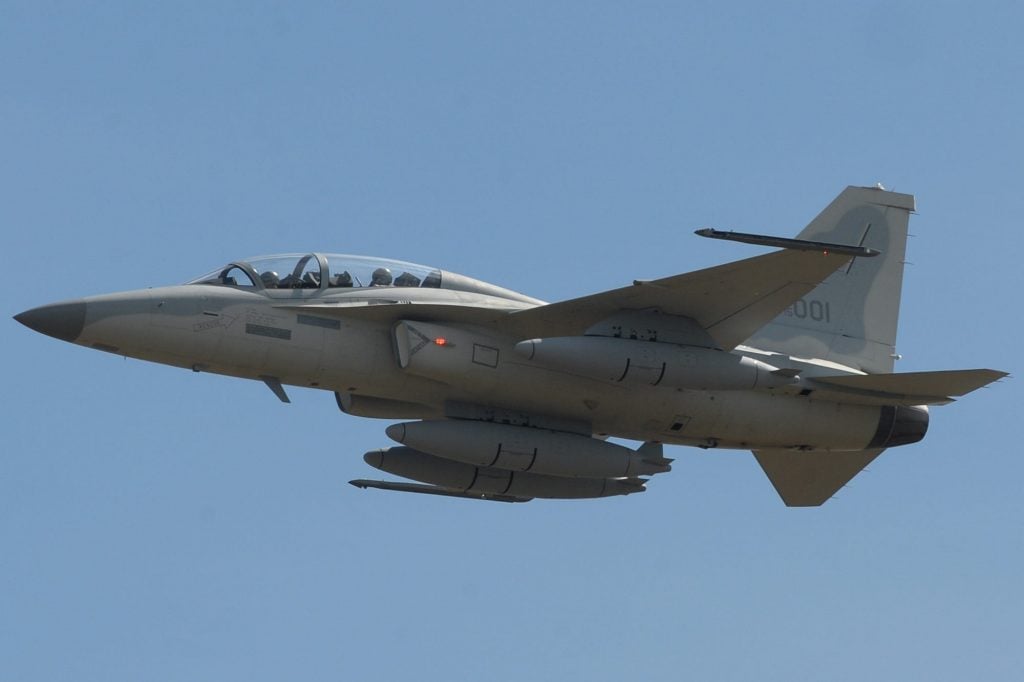
Quickly modernizing the Polish air force is a priority for Warsaw, which is seeking to replace its 23 MiG-29s and 18 Su-22s — aging Soviet-designed multirole aircraft that are increasingly hard to maintain.
Poland already fields 36 US-made F-16s and it ordered 32 F-35A stealth jets from the US in 2020, but it is one of only three NATO countries with MiG-29s and the only European country that still flies the Su-22.
The 48 FA-50s from South Korea will help Warsaw advance that modernization effort.
The FA-50 is a capable light combat aircraft. It can reach supersonic speeds of Mach 1.5 and carry a variety of bombs and air-to-air and air-to-ground missiles. Poland will receive the enhanced Block 20 model that is compatible with NATO systems, according to Błaszczak.
However, Poland chose the FA-50s for not only its combat capability but also the speed with which it could be acquired. Warsaw also looked at other aircraft, including F-16s, but none could be delivered fast enough.
"It is of key importance to increase the levels of security as fast as possible for Poland," the Polish defense minister said. The Polish Air Force is set to receive the first 12 FA-50s by mid-2023.
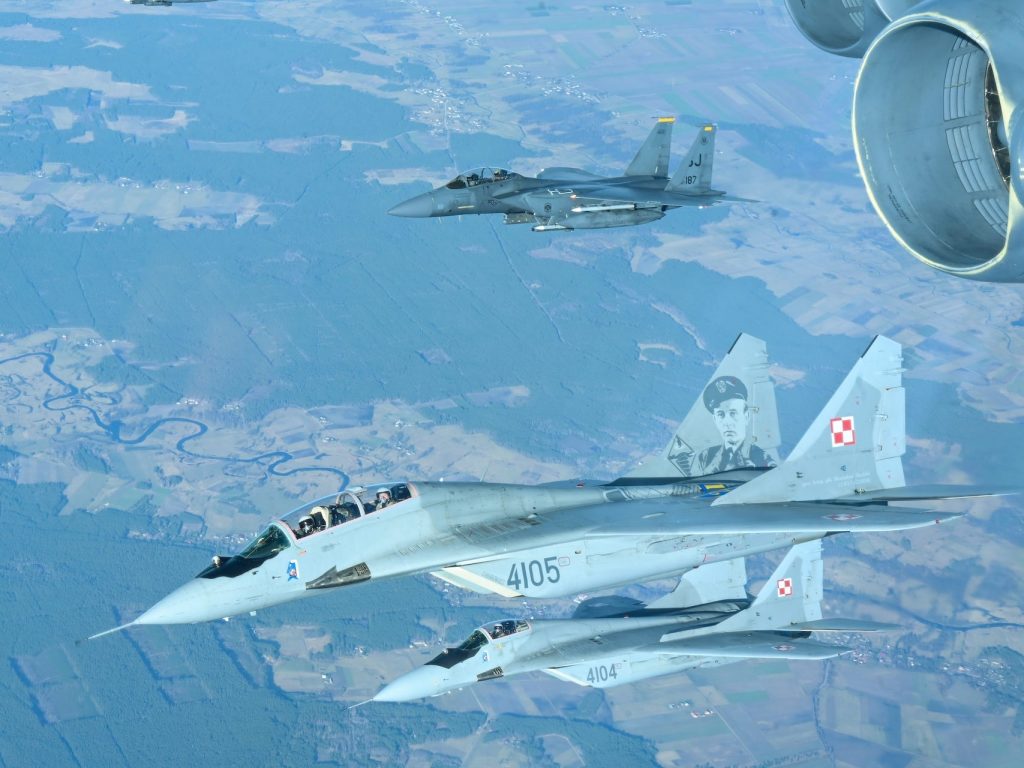
Further, the FA-50 is based on South Korea's T-50 trainer and light combat aircraft, which Korea Aerospace Industries developed in collaboration with Lockheed Martin, which builds the F-16.
Therefore, the FA-50 shares design elements and components with the F-16, simplifying maintenance and pilot training.
"A pilot who has been trained on FA-50 only needs a few hours to start flying the F-16 on his own," Błaszczak told Defense 24. "The cost of training as such is much lower, and thus we would be able to train more pilots."
According to the contract with South Korea, an FA-50 maintenance and service facility will also be established in Poland by 2026. With this arrangement, Warsaw hopes to avoid the supply-chain and maintenance issues plaguing its MiG-29s and Su-22s.
"Thanks to that procurement, we gain a new direction for spares, which is especially important for high-intensity conflicts, when one of the supply chains could be disrupted," Błaszczak said. "This would make it possible to maintain the operational availability of combat aircraft in Poland at a top level."
Time for a renewal
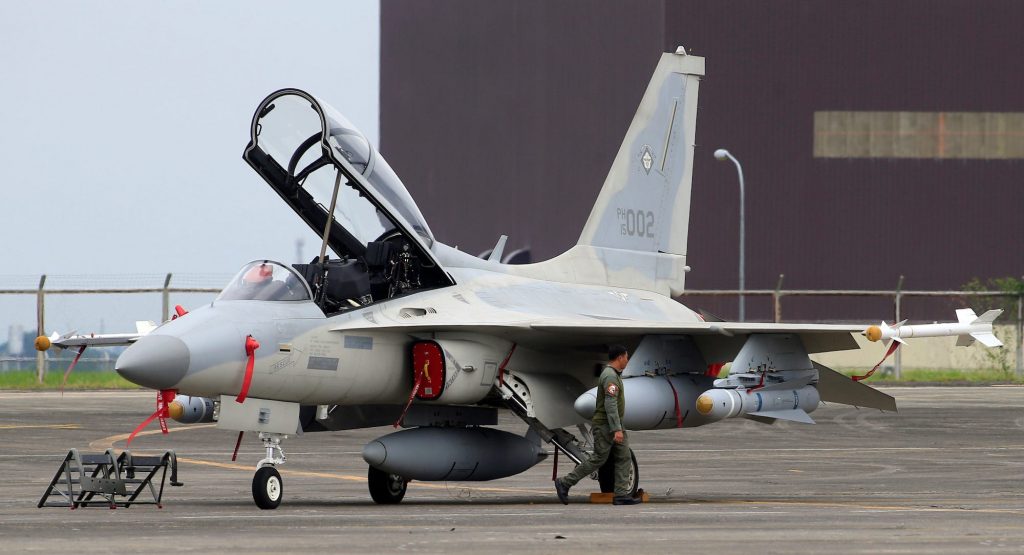
Poland has upgraded its aging Soviet-era jets a number of times to keep their systems NATO-compatible, but keeping them combat-worthy is a challenge — especially as a shrinking user base and sanctions on Russia limit the availability of spare parts.
"We would need to procure [spares] in Russia, and this, for reasons that remain obvious, needs to be ruled out," Błaszczak said, alluding to tensions with Moscow.
Polska Grupa Zbrojeniowa manufactures MiG-29 components domestically and maintains Poland's MiG-20s and Su-22s. However, the firm cannot manufacture MiG-29 engines. Further, domestically made components were linked to a fatal MiG-29 crash in 2018 — which led to the temporary grounding of Poland's MiG-29 fleet — according to Błaszczak.
"This situation cannot happen again," the minister told Defense 24.
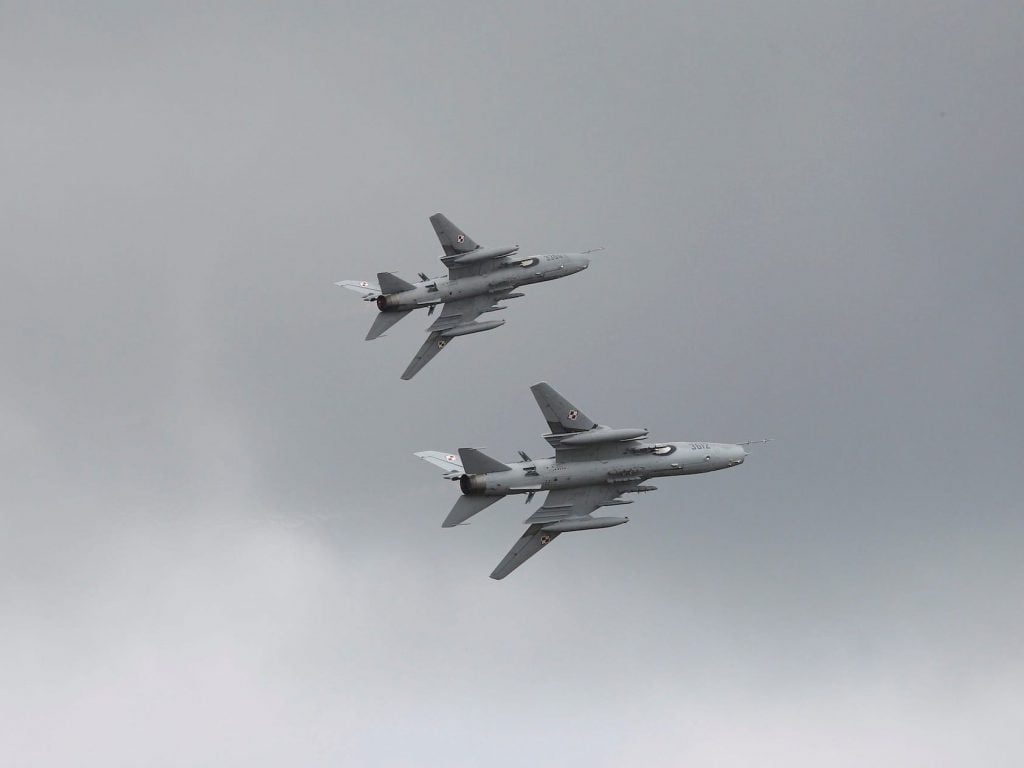
Poland's Su-22s have also been in service for nearly 35 years and their role is limited.
The two Soviet-era jets "are obsolete already," Błaszczak said.
The FA-50s will further modernize the Polish Air Force, but they will not be the "last move," the defense minister said.
"We have accelerated the delivery of the F-35s. In the long run, we are planning to procure extra F-35s or F-15s, and we are watching closely the progress made by our South Korean partners when working on the KF-21 Boramae," Błaszczak said, referring to the new 4.5-generation multirole fighter that South Korea hopes to market as a cheaper alternative to the F-35.
Constantine Atlamazoglou works on transatlantic and European security. He holds a master's degree in security studies and European affairs from the Fletcher School of Law and Diplomacy. You can contact him on LinkedIn.
Dit artikel is oorspronkelijk verschenen op z24.nl
